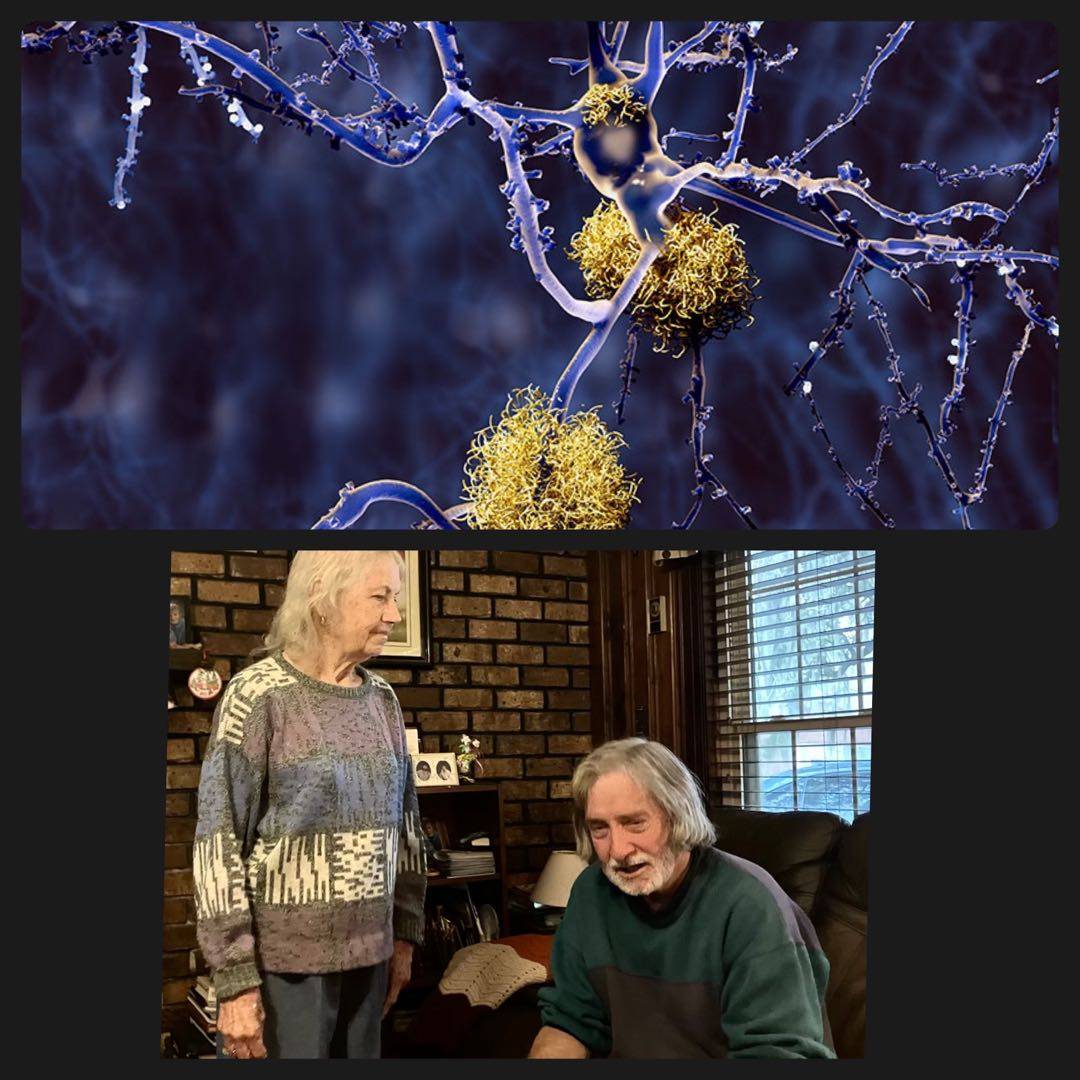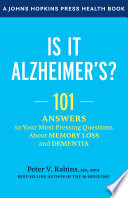
139 pages worth of common questions about this mysterious disease. I learned a few things but I still want to know more. There has to be a diagram breakdown of what amyloid proteins are, tau proteins, etc. I believe science has come a long way in helping us understand more about it and things that can contribute to it, but, I hope something will be discovered that can ultimately end it. This is a thieving, vile disease and I wouldn‘t wish it⬇️
JenniferEgnor on anyone. Vaccines are now out but they are not a cure. Alzheimer‘s is a very common disease and most of us have known someone with it. I hope this changes. 4mo
JenniferEgnor When I was working in home health for a little while, some of my patients had it. Working in hospice volunteering, I see it. Working closely in it has taught me a lot and helps me to understand it in my father and step mother. She is more cognitive than he is. I recently learned my grandfather had Parkinson‘s Dementia. I hope none of this will be my fate. If you or someone you love is suffering from this disease, my heart goes out to you! 4mo
JenniferEgnor Factors: age, cholesterol lipid levels, mental health (depression), heart/liver/thyroid/adrenal gland/kidney health; genetics, vitamin B-12 deficiency, physical fitness (exercise, movement), sleep (there is a breakdown process of proteins that occurs in the brain during sleep but insomnia occurs, is disrupted). 4mo
JenniferEgnor Cannot be seen in these scans: CAT, MRI, Xray, Glucose PET. A blood test is not a diagnosis. Amyloid PET scan shows if abnormal protein is located in the brain and if so, where it is. SPECT scan may diagnose dementia with Lewy bodies and Parkinson disease dementia. Some dementias are incorrectly diagnosed; autopsy shows more accurate diagnosis. 4mo
12 likes4 comments


















